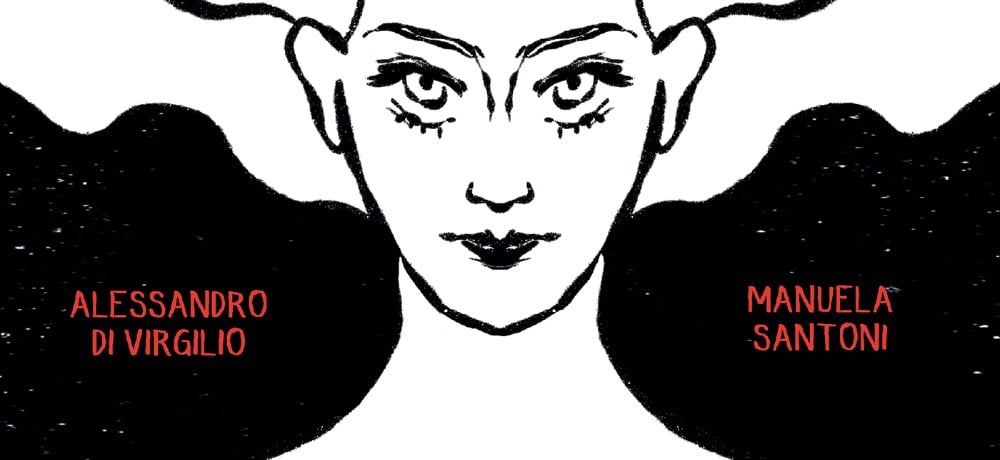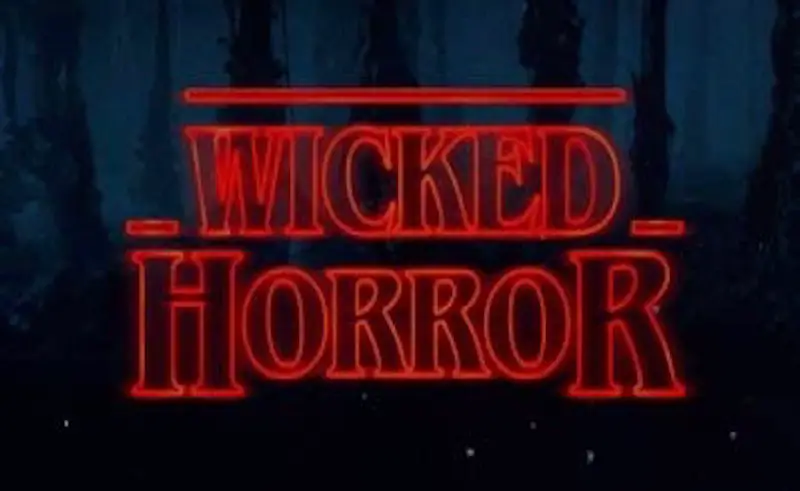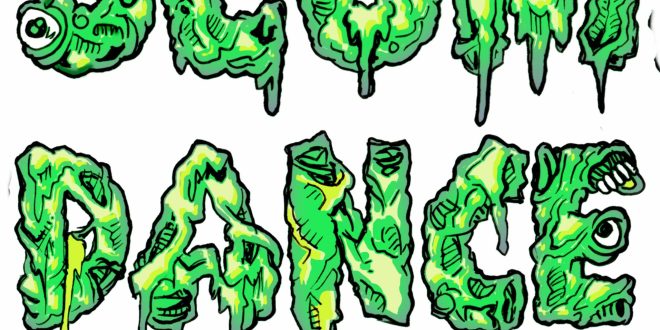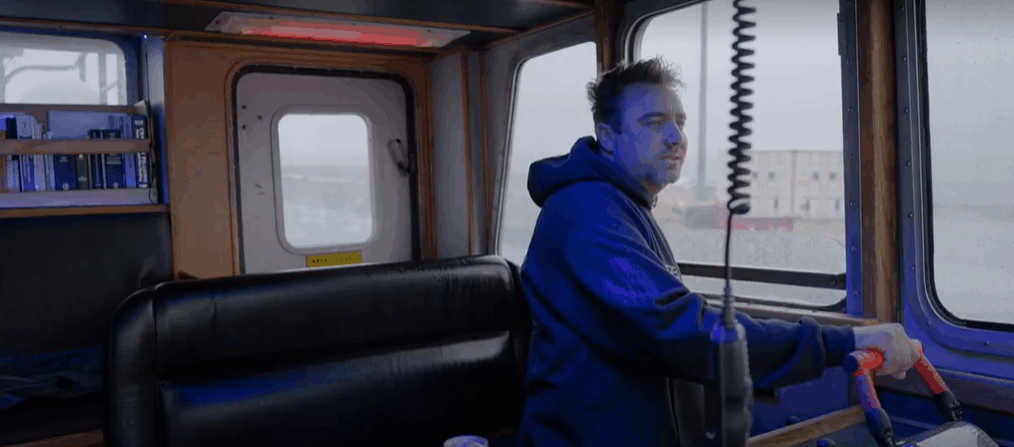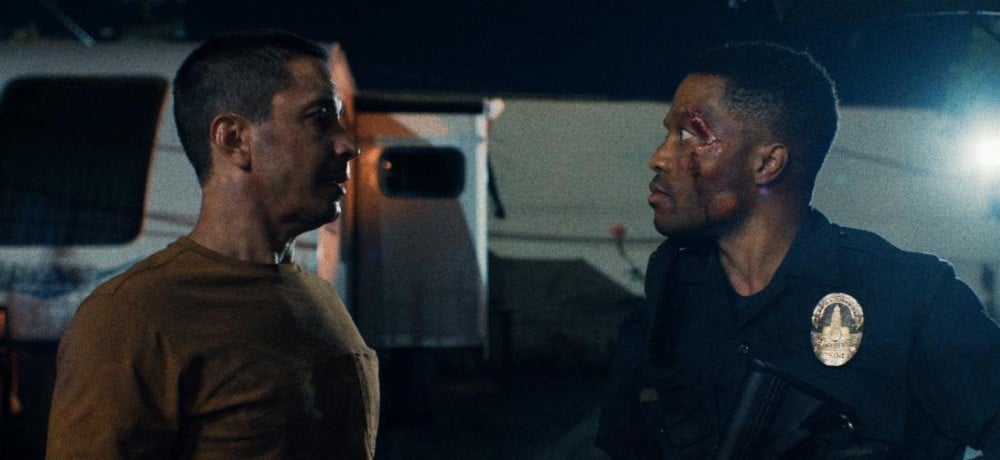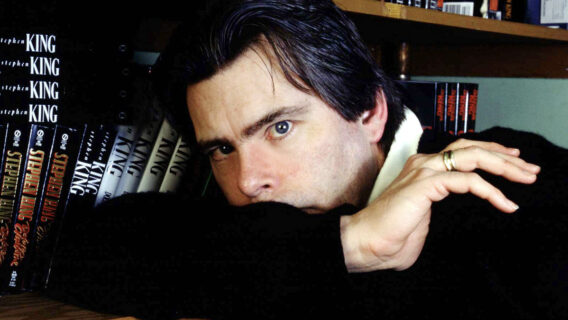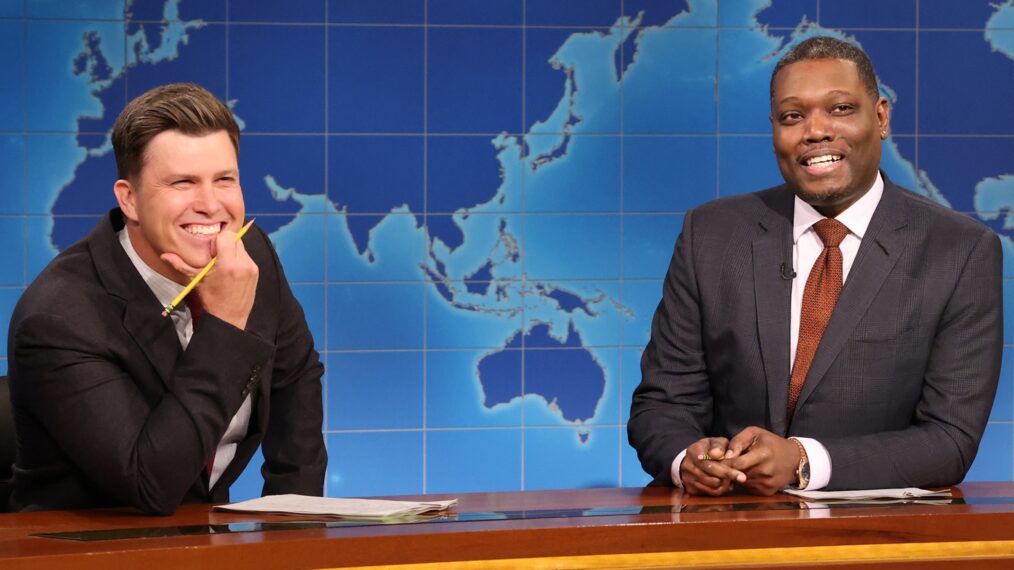Venice 2025: Guadagnino’s ‘After the Hunt’ is Brilliant Tale of Denial
by Alex Billington
August 30, 2025
“He crossed the line.” “But what actually happened?” The truth is out there, but no one really likes the truth anymore, because the truth can be destructive. That’s just the truth. Not every film is meant to make you feel all warm & fuzzy when you watch. In fact, some of the best films ever made are films that make viewers feel uncomfortable (like Tar at Venice 2022), and make them question their own views and thoughts and feelings. This is the case with After the Hunt, the 10th feature film from the acclaimed Italian filmmaker Luca Guadagnino. The film just premiered at the 2025 Venice Film Festival to many negative reviews from critics right off the bat. But I’m here to set the record straight – After the Hunt is a brilliant thriller, Luca Guadanigno’s best film after Call Me By Your Name. It may not as exciting or upbeat as Challengers or Queer, but that doesn’t make it any less masterful. The film features an exceptionally dense, philosophically / intellectually complex script that directly address sexual assault denialism. It’s also meticulously crafted, entrancing and harrowing to watch. And it hasn’t left my mind at all since the end of the screening days ago.
After the Hunt is a sensitive story about sexual assault and women, however it is directed by a man – Luca Guadanigno. Though the screenplay is written by a woman – American writer Nora Garrett with her first produced screenplay. The film is set at Yale and literally opens with a title card saying “it happened at Yale.” Clearly inspired by and/or based on a real incident, but that’s besides the point because what it shows is still sadly happening in so many places. Julia Roberts stars as professor Alma Olsson, on the verge of tenure at Yale. One of her friends / colleagues is Hank Gibson, played by Andrew Garfield, a beloved, outspoken, bearded young professor. Ayo Edebiri co-stars as Maggie Price, a PhD student in Alma’s program. After a late night party at Alma’s fancy home where everyone was drunk, Hank walks Maggie home and something happens. The next day a broken down Maggie comes to Alma and tells her something bad happened that night, hoping she might help her through this horrible situation. Alas, Alma increasingly becomes resistant, and the situation explodes – mainly because Hank and Alma start to realize this is going to mess with their hopes and dreams of tenure climbing up the career ladder in academia. It’s not actually a “he said, she said” situation – it’s much more about why won’t others believe what she said & refuse to deal with abusive men.
The filmmaking is entirely on point as it’s a very sensitive subject dealing with major issues of our time and generational differences. This film has some serious depth to what it’s getting at and implying about society – and it’s actually very specifically making an uncomfortable point. It’s not “fun” to watch by any means, but it is compelling and extremely fascinating. Michael Stuhlbarg also co-stars as Alma’s husband Frederik, an arrogant philosopher therapist who loves to argue and debate about heady topics. Much of the dialogue throughout he film is exceptionally complex, and I think it will take multiple viewings for those interested to dig into what is being said, what is being debated, and what each scene means. It’s hard for anyone to pick up on everything in the first viewing. Yes it’s a very talky film, but almost all of Luca Guadanigno’s films are about dialogue and conversations. Even Call Me By Your Name – they’re attracted to each other because of their conversations. “You know what things…” After the Hunt is actually quite similar to CMBYN but plays out entirely opposite. At the start, Alma and Maggie do sort of love each other (in a respectful professor / student way) however as the story goes on they split and get further & further from each other. I love how Guadanigno crafts this dynamic and builds a narrative around an intellectual understanding of the dialogue.
What might upset people the most is that the film has a very strong point to make about all the characters. Essentially it’s a film about generational differences, and specifically it’s about how the older generation is entirely wrong about the younger generation. Yes this is brought up in a few conversations, but the point of the script is digging really painfully into why someone like Alma gets so obsessed with denying and rejecting Maggie and what happened. Accusations are thrown about, conversations descend into yelling matches, and philosophy is used to excuse complaints. All because way too many people are afraid of losing their power, their career, all that they’ve worked for, because they don’t want to deal with the truth about sexual assault and rape, and how poorly it is handled in places like prestigious universities. The script and this film really want to remind us that older generations might not be right about everything and really do need to defer to the younger generations – even if this pisses them off. The writing is very, very heavy with intricate scenes and subtle reveals aplenty. I really think most are missing the point. But this is all too common nowadays – even the final revelations are going to piss people off because it’s not what they want to hear from anyone…
Aside from the narrative, this new Trent Reznor & Atticus Ross score is again superb though much more haunting, enhancing the unease of watching this story about accusations and truth. Of course everything is different from Guadanigno’s past films because this is not a topic that warrants any kind of playful, upbeat filmmaking. The lead performances are all exceptional & layered. Their characters are not underdeveloped at all, any claim of such is incorrect. There’s so much going on within each one of them, but of course they’re people in academia and that means their entire existence is wrapped up in the philosophy & intellectualism of academia, which is precisely what it is like on these campuses. The film will grow on people with time and will be appreciated properly with time. The best summation of how reflective it is comes from Garfield at the press conference in Venice: “If we don’t make the unconscious conscious, things will happen in our lives and we will call them fate. When our motivations are invisible even to ourselves, we become unreliable narrators – especially in a culture where survival is paramount. It’s fascinating that, in these characters, their wants and needs are invisible to themselves, so each of them believes they’re the hero of the story.” And in the end there is no hero, there is no one to celebrate in this story. But it’s still an important story told so brilliantly.
Alex’s Venice 2025 Rating: 9.5 out of 10
Follow Alex on Twitter – @firstshowing / Or Letterboxd – @firstshowing

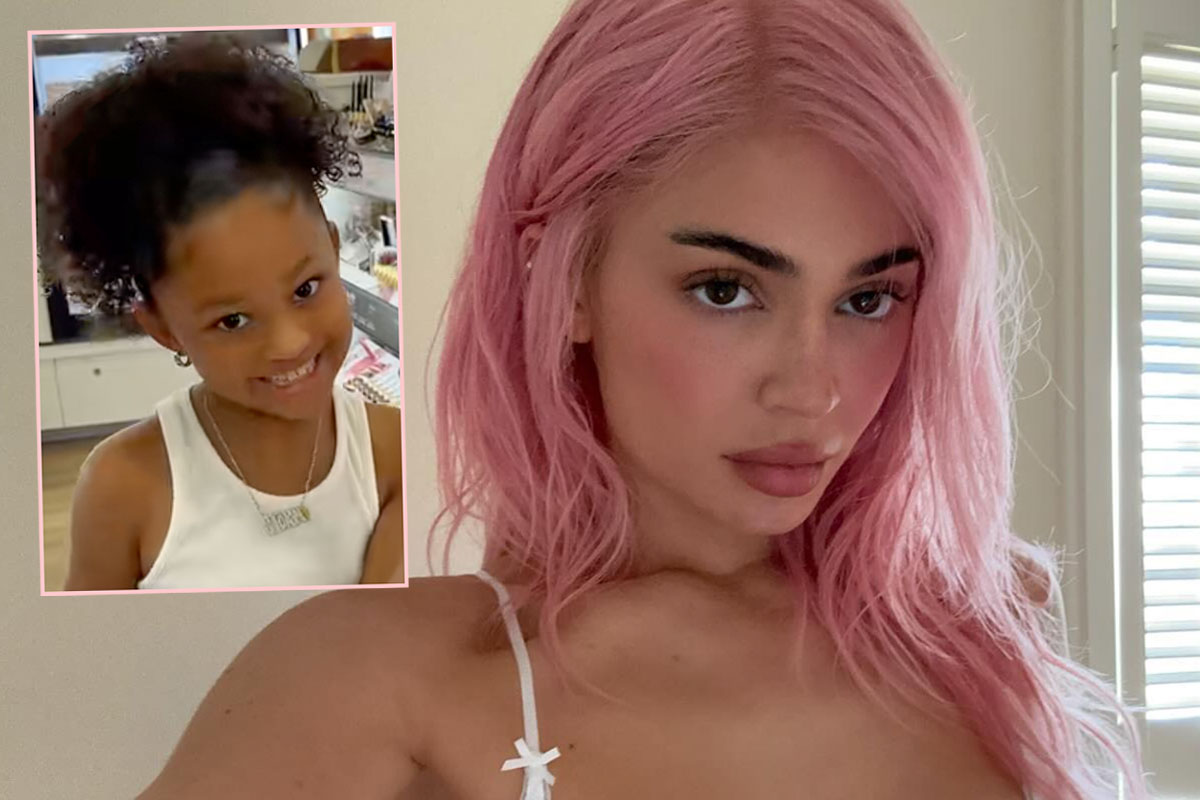
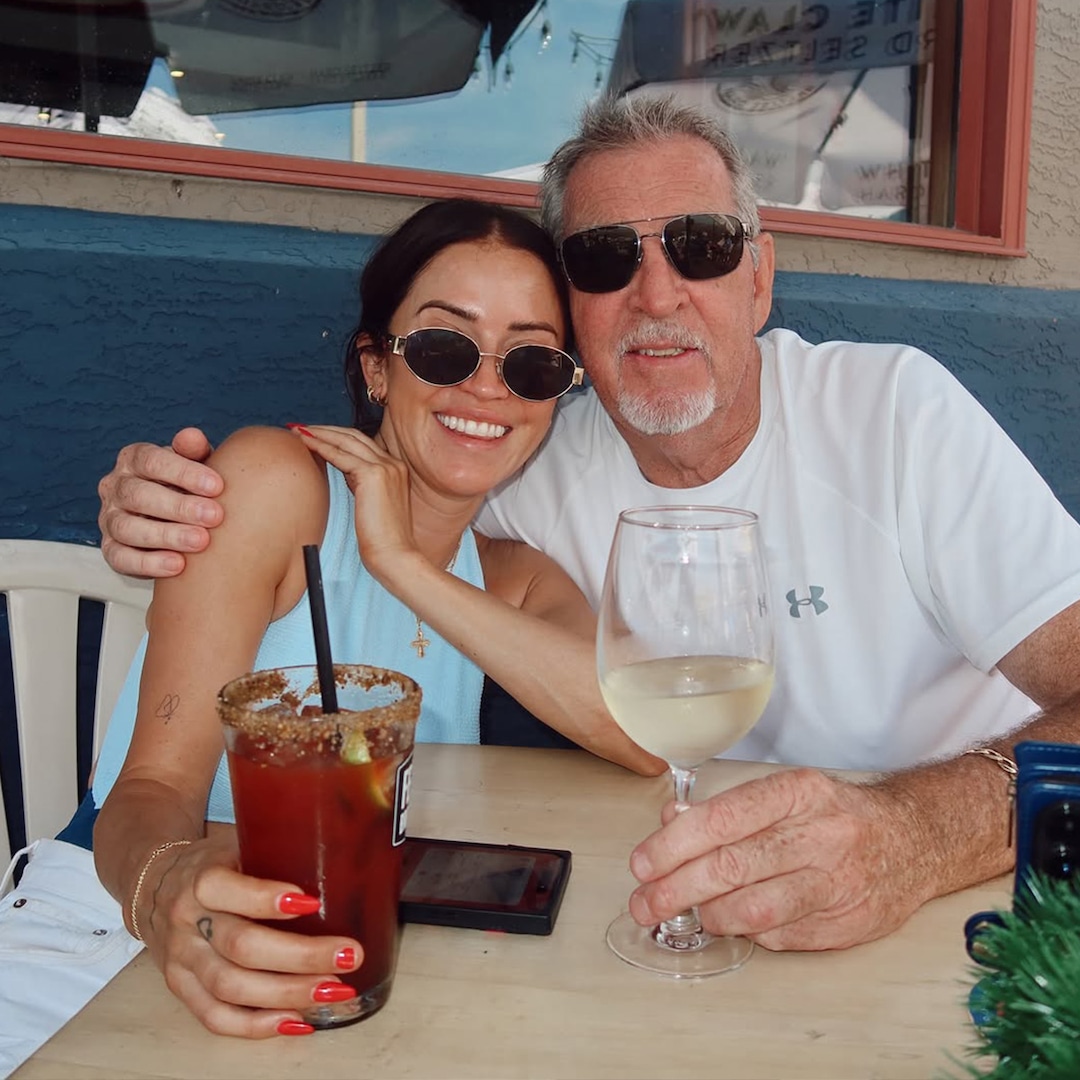







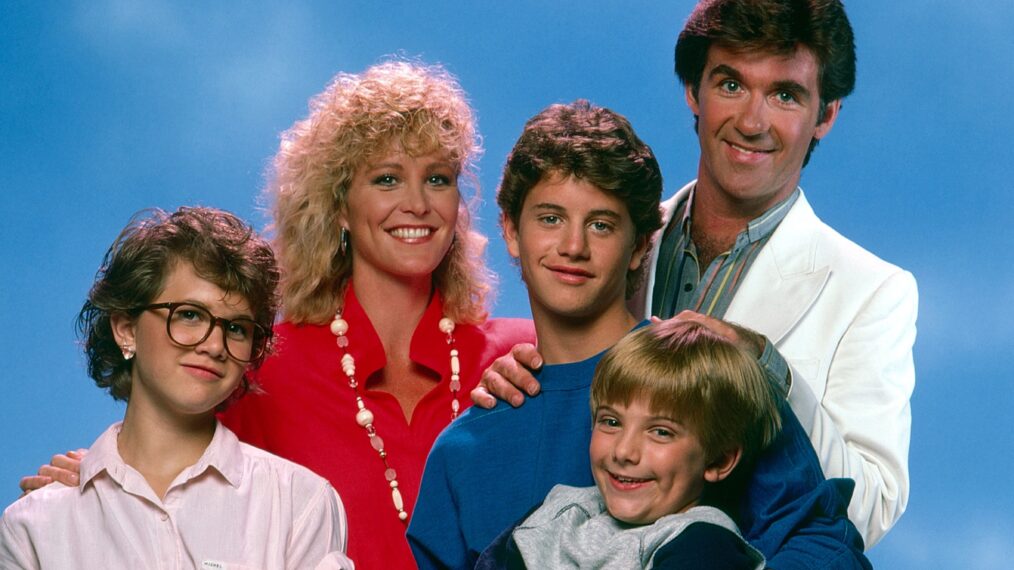
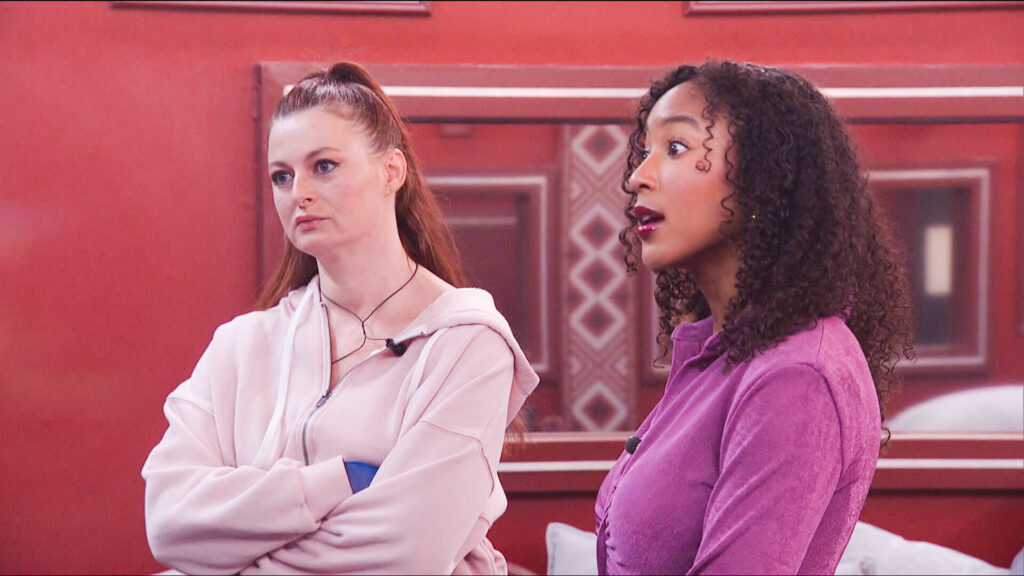





:quality(85):upscale()/2025/08/27/796/n/1922564/1946df2768af49674213a6.01264097_.jpg)
:quality(85):upscale()/2025/08/26/738/n/1922564/dcac9b1268ade40d8ae127.57638081_.png)
:quality(85):upscale()/2025/08/15/772/n/1922564/5decdd44689f6f0e53d061.70613931_.png)
:quality(85):upscale()/2025/08/18/641/n/1922564/fa3d9baf68a33778920e13.76423918_.png)
